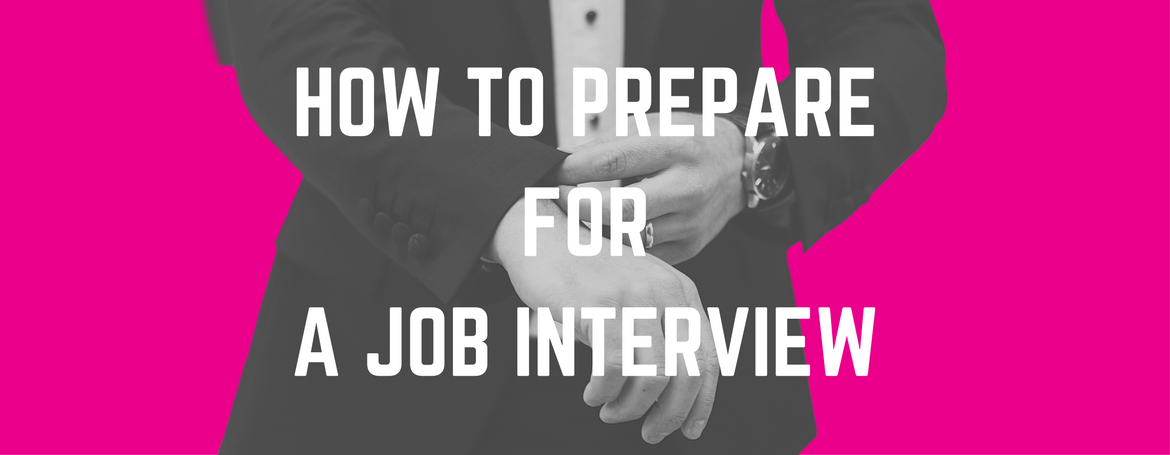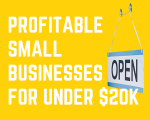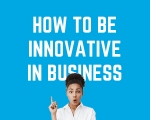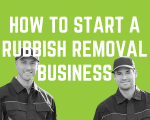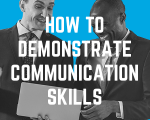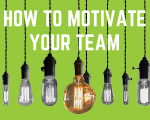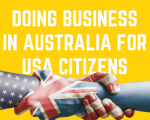How to Prepare for a Job Interview
Read how to prepare before the interview, what to do during the interview and after it October 9, 2017The preparation for a job interview plays a significant role in the whole process. A good preparation will make you relaxed, confident and a suitable candidate for the position you’re applying for.
It all starts with the first impression. What makes it so important? People make subconscious conclusions in the first 5 minutes they meet somebody. These judgements are based on matching patterns from past experiences. Psychologists call it thin-slicing. A lot of studies showed that the observations made in the first minutes (or seconds) hardly change. The good news is you have control over how you present yourself.
After the first impression, comes the heart of the subject – are you suitable for this job? You can answer this for yourself while you prepare for the interview and it will help you prove it later on to the interviewer.
Here are the key things you need to focus on.
Before the Interview
Do a research
You’ll be surprised how a 10-minute research can boost the possibility to get yourself hired. Coming to an interview with the knowledge about the job is about and what the company does shows the interviewer you’re really interested in starting right here, right now. The two parts of the process are:
- Research the position. Is it something you’ve done before? Is it something completely new for you? Gather information about what will be required of you. It’s a good idea to make a list of the needed skills and experiences for the job, then write down yours. See which of them match. You can use those in the interview and tell the interviewer why exactly you are fitted for the job. Prepare them beforehand because those are the things employers need (and want) to hear.
- Research the company. This is something extra. Not many people do that and you can really stand out. It means you have the full knowledge where are you applying for a job. And that’s a good sign. This way you show your genuine interest and how you’re ready to do more than what’s expected of you.
Prepare for the Interview Questions
And of course – the dreaded questions. Take time to answer them beforehand, it’ll take off the stress and help you build confidence. Below we’ve listed the most common interview questions:
- Tell me about yourself.
- What is your motivation for applying for this position?
- What makes you suitable for the position?
- Where do you see yourself in 5 years?
- What are your weaknesses?
- What did you do to resolve the last conflict with a colleague or a client?
- How did you hear about the open position?
- What do you know about the company?
- Do you have any questions?
Choose What to Wear
“What should I wear to a job interview?” There isn’t one straight answer to that. It all depends on the company you’re applying for, on the position and even in the country you live in. The three most common dress codes are business professional, business casual, casual. This article explains the subject more thoroughly. Dress accordingly for the position. You can even overdress but underdressing is a big no-no. We must make a note here – there’s no need to change your whole wardrobe before you get the job. Get the job first, then buy all kinds of new clothes if you want to.
Part of the looks is grooming. A nice haircut for the men and a clean-shave or a trimmed beard give that professional look. It’s a good idea for women to figure out the way they’re going to wear their hair and makeup beforehand. Keep the accessories simple.
Other Small Tasks
Prepare a copy of your resume, pen and paper. You can write down questions you want to ask your interviewer. Turn off your phone before you get inside the building.
Relax
Take a deep breath – there’s nothing scary about an interview. Think about it. You are going to meet another human being and have a chat with them. Show them the best of you. You can’t really do more than that. It’s normal to be a bit excited but overthinking only has a negative impact. So set your worries aside and try to free yourself of negative thoughts.
The Interview
Be punctual
Arrive a few minutes before the interview. This way you’ll have the time to sit down and calm your mind before the interview begins. It’s also a good indicator for the interviewer because everybody wants to have punctual and reliable employees.
Skills, Experience and Contribution
Show ways you can contribute to the business. How can your skills be helpful to others in the company? Don’t make things up, the employer will sooner or later know if you lied or not.
Questions
If you’ve followed our instructions you have prepared questions to ask your interviewer. They should be relevant to the position, as it’ll show that you’ve already made efforts to educate yourself. Most employers will be glad to answer them and it’s usually done after the interview.
After the Interview
Follow-Up Letter
Right after the interview, you can send a short follow-up letter. In it, briefly say why you think you should get the job and what makes you so interested in it. Thank them for their time and you show appreciation for the opportunity they gave you.
Call-back
No need to panic if they don’t call you right away. Usually, interviewers need time to evaluate the meeting. It can also mean they’re choosing carefully who to hire.
In the Bad-Case Scenario
It happens to the very best too. Try not to take it personally, there are many things that could have been the reason why. You can turn this negative experience into a positive one. You can politely ask for a feedback. With the given information, you can upgrade your skills and work on the things they pointed out. They might also refer to you in the future since you’ve maintained your positive attitude this whole time.
In the Good-Case Scenario
Congratulations! Our job here is done! If this article helped you in any way, please, tell us down below in the comments. We’d love to hear your stories!
